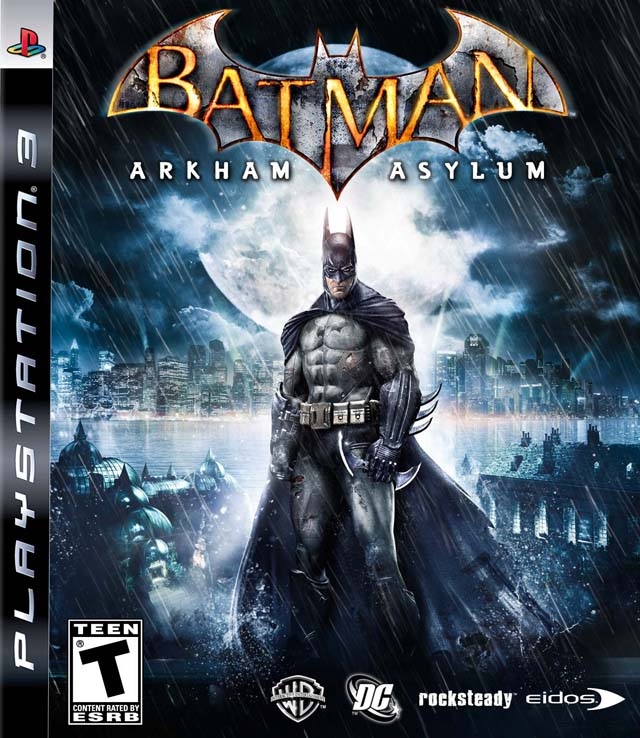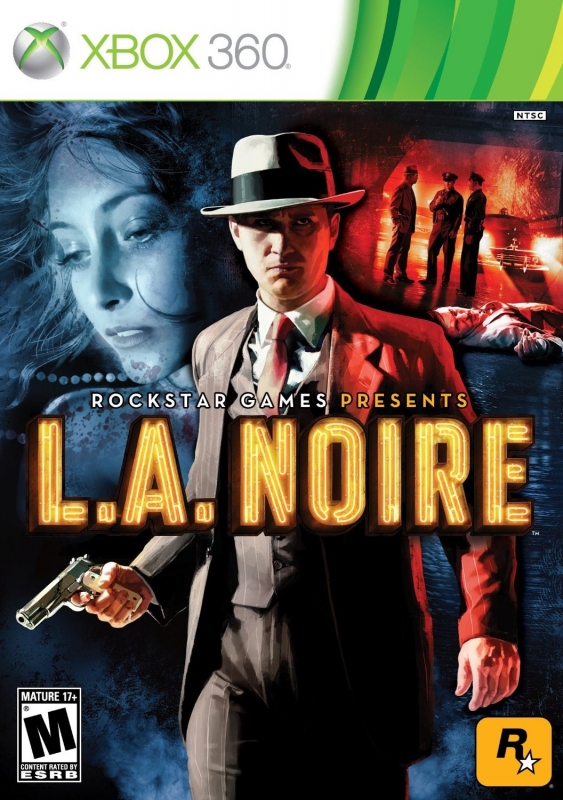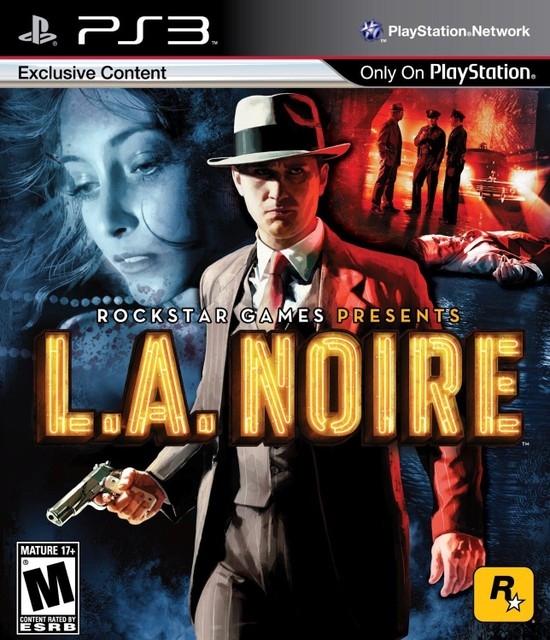Video Games Are Art - News
by Joseph Trotter , posted on 31 May 2011 / 5,577 ViewsArt is a funny thing. To each person it represents a different ideal, and connotes different meanings and expectations, ranging from the need for creative stimulation to being able to take the reader/viewer/guinea pig to another place, another level. To one, art is culture; to another, culture is art. A recent announcement, reported by Softpedia, once again raises a question which to many is needed to fully justify gaming as an economic and creative form – are video games art?

The answer, to me, has always been a resounding yes. Now, it turns out, the independent U.S Government group behind The National Endowment for the Arts is in agreement. Although the grant sum is relatively small for the big hitters ($10,000 - $200,000) and is likely to be taken up by mainly independent developers, it is the principle behind the move, rather than the sum itself, which is important. Many within the sphere of the more traditional art forms (cinema, literature, physical arts i.e. painting and sculpture) have looked upon the games industry with contempt and self-righteous snobbery, feeling the form is beneath their lofty cultural pedestals. Roger Ebert's famed example that video games are not and can never be art tends to be the rule rather than the exception in more 'high brow' circles (here he is affirming his position on the matter). Part of Ebert's refutation of criticism towards his comments centres on what he deems to be the generic nature of gaming situations:
How do I know this? How many games have I played? I know it by the definition of the vast majority of games. They tend to involve (1) point and shoot in many variations and plotlines, (2) treasure or scavenger hunts, as in "Myst," and (3) player control of the outcome. I don't think these attributes have much to do with art; they have more in common with sports.
Such a definition could easily be thrown back at his chosen 'art' of expertise, films. Just looking at what is on at the local cinema offers examples: (1) Blitz, starring (gruff cockney accents at the ready) Jason Statham, could easily fall within the bracket of 'point and shoot in many variations,' like others of very similar ilk (i.e. Taken); (2) Pirates of the Caribbean: On Stranger Tides bears many of the hallmarks of a 'treasure or scavenger hunt' (see the entire Indiana Jones series for a more lauded example); (3) There are few games out there which actually offer genuine player control of the outcome, as opposed to scripted manoeuvres resulting in the end of the game i.e. a final boss battle. This, I would say, is little different to watching a scripted film reach its planned conclusion. The film industry's concerted development of the 3D format suggests a move into more interactive elements within a film (after all, 3D is supposed to immerse the watcher into the film), which begs the question - how long until an audience can actually choose the ending of a film? If age and thus prestige are an issue, ancient wall-painters have done what films do thousands of years ago, presenting stories and experiences through the medium of 'art.'

I have sidetracked a little, but the over-riding point is that if video games can be discussed in the same way as a film, a long accepted art, then why do they not count as an art in themselves? Great video gaming moments can move and stir the player in similar ways to the drama of a Jacque-Louis David painting or the speeches of Atticus Finch in To Kill a Mockingbird (film and book). I defy anybody reading not to have felt a shred of remorse and sadness at the end of Shadow of the Colossus or sorrow for the fate of John Marston in Red Dead Redemption. Games, like any art form, are a mixture of big hitters and independent experimenters, neither of which can do without the other; for every Call of Duty there is a Limbo. Sometimes a mix of the two can work, pushing the boundaries of creation and presentation (Inception, or Arkham Asylum). It shows how far the medium of video games has come that it can be analysed and dissected in such ways.
Like Ebert, I myself have values that I attribute to art, as do you. Art is what you make of it, and what you need to be stimulated and gratified. If video games manage to do this then they are an art, pure and simple. Films had to fight their corner in much the same way as gaming does now, and is now seen as a flag-ship for artistic and cultural innovations. One day, games will be seen in the same light.
Disclaimer: This article is the work of one writer and does not necessarily represent the views of gamrFeed or VGChartz.
More Articles
good grief, stirring up this idiotic crap again. guess it's a slow news(i.e. rumor/spam) week at gamrfeed. hacks.
they are art!!!! ahhhhh
Rez
Panzer Dragoon Saga
Ico
Alan Wake
Portal
Five excellent examples of game art in my opinion.
This article really didn't do a good job of telling me the points of why gaming is art. I was hoping you'd go into more details and points, but you didn't.
Anyways, I don't really care if video games are considered art or not, as long as developers continue making "games."
....whatever.
Video game is art when it influences and affects the senses, emotions, and intellect. While it can, most games arent art.
Every for of media is art, art is a recreation of a person's thoughts, feelings, ideas and imaginations, now is there a game made without any of these?
"Lets make a game with thinking! , okay close your eyes" , even that is an idea itself.
now will you guys stop with this thing already , its been years going back and forth on the same shit.
VGs = ART!?!?!?! Nice old news.
"Films had to fight their corner in much the same way as gaming does now"
and games are art just in the same way, they are complex art pieces, though their particularity is that the audience is also part of the creation.
Albeit this is not really the case for all games... but similarly is Ducce Bigaloo Male Gigolo art?
It's a medium for both art and entertainment... mostly used for entertainment.





































 Essay Pro
Essay Pro